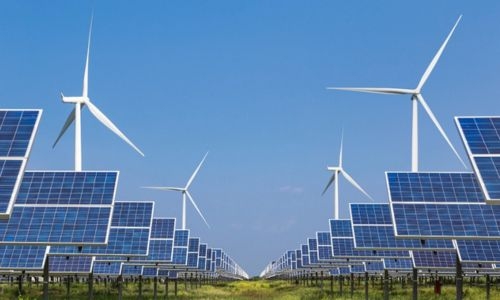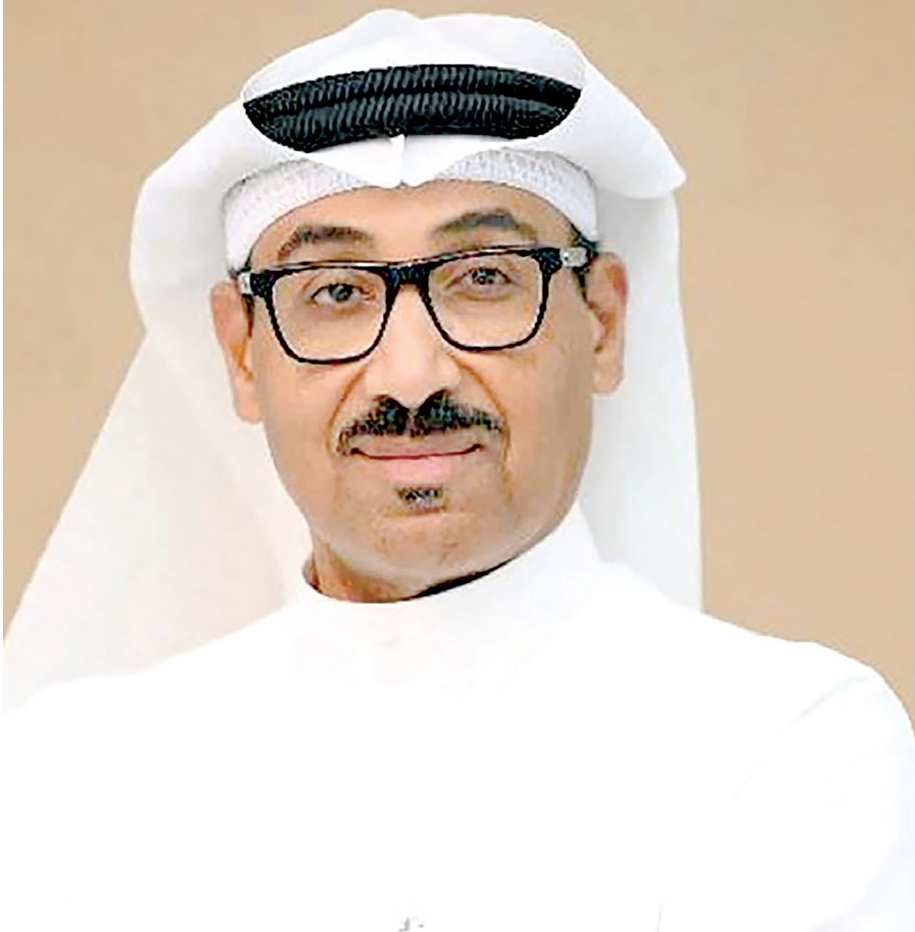GCC Aims for 80 Gigawatts of Renewable Energy by 2030, Driving Sustainable Future
TDT | Manama
The Daily Tribune - www.newsofbahrain.com
The Gulf Cooperation Council (GCC) is aiming for a significant shift towards renewable energy, with plans to generate approximately 80 gigawatts (GW) of renewable energy by 2030, according to the CEO of the GCC Interconnection Authority, Engineer Ahmed Al Ebrahim.
This ambitious target is expected to yield substantial social and economic benefits, including job creation, fuel savings, and reduced carbon emissions.
Al Ebrahim highlighted the challenges posed by the intermittent nature of renewable energy sources, such as solar and wind, compared to traditional sources. He acknowledged that these challenges are amplified by the increasing demand for electricity due to rapid economic growth in the GCC region.
However, the GCC Interconnection Authority is actively addressing these challenges by implementing innovative solutions.
These include energy storage technologies to address the intermittency of renewable energy sources, stability control technologies to ensure a reliable and stable electricity grid, continuous monitoring and artificial intelligence to analyse grid data, enabling proactive decision-making and preventing potential disruptions, and carbon footprint analysis to develop strategies for reducing the environmental impact of the GCC Interconnection Authority, aligning with global efforts towards net-zero emissions.
Moreover, Al Ebrahim stressed the importance of international cooperation, capacity building, and the adoption of modern technologies, particularly energy storage, to successfully integrate large-scale renewable energy into the grid while maintaining reliability. He also stressed the need for collaboration among technical, financial, investment, and research entities to address climate change and foster a sustainable future.
"The GCC's commitment to renewable energy is evident in its ambitious plans and the ongoing projects spearheaded by the Interconnection Authority.
The recent establishment of the Al Wafrah power station and the interconnection with Iraq are considered significant milestones, strengthening the GCC's energy security and opening new investment opportunities in both traditional and renewable energy sectors," he stated.
"The Authority is also working on expanding the interconnection network with Kuwait, the UAE, and Oman, aiming to increase capacity to over 3,000 megawatts for Kuwait and the UAE, and enhance the direct connection with Oman from 400 MW to 1,400 MW," he explained.
The GCC's ambitious renewable energy goals and the proactive measures taken by the Interconnection Authority demonstrate a strong commitment to a sustainable future, contributing to global efforts to combat climate change and secure a cleaner energy future for the region.
CEO of the GCC Interconnection Authority, Engineer Ahmed Al Ebrahim
Related Posts


